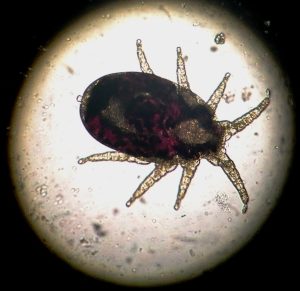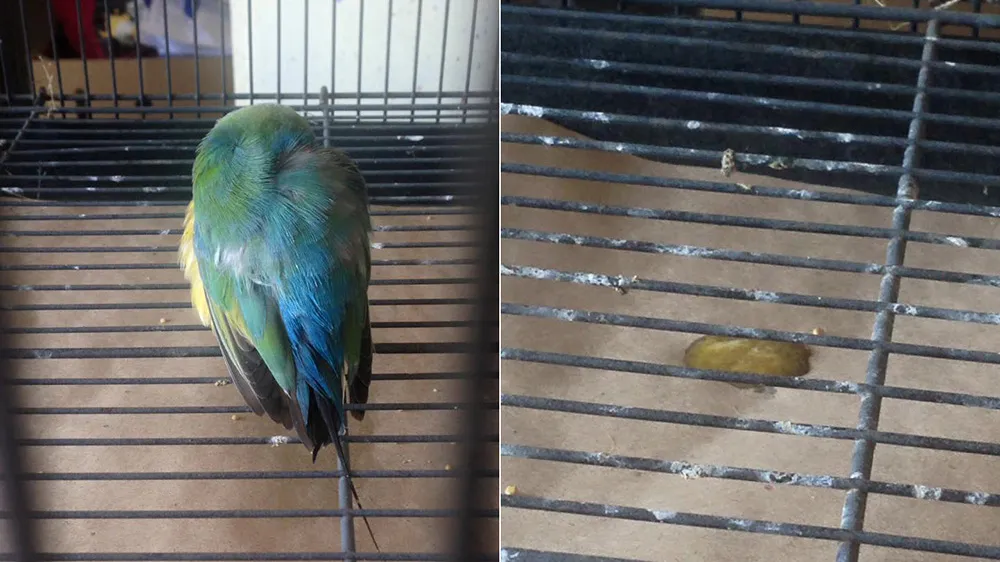
Coccidiosis in Finches: Symptoms, Treatment, and Prevention
By longnkp / Jul 19 2024 / Health
Hello, fellow finch enthusiasts!
Today, we’re diving into an important topic that every finch owner should be familiar with: coccidiosis. This condition can significantly affect our feathered friends, so understanding what it is, how to identify it, and how to treat it is crucial. Let's get started!
What is Coccidiosis?
Coccidiosis is an intestinal disease caused by protozoan parasites of the genus Eimeria. These microscopic invaders live in the intestinal tract of birds, leading to inflammation and a variety of unpleasant symptoms. While it’s a common issue in many avian species, finches are particularly susceptible due to their small size and sensitive digestive systems.
Recognizing the Symptoms
So, how do you know if your finch is suffering from coccidiosis? The symptoms can vary, but here are some of the most common signs to look out for:
- Diarrhea: One of the earliest and most noticeable symptoms. The droppings may be loose and sometimes bloody.
- Lethargy: Your usually active finch might seem sluggish and less interested in its surroundings.
- Weight Loss: Despite eating, infected finches often lose weight due to malabsorption of nutrients.
- Fluffed-Up Feathers: Birds often puff up their feathers when they're not feeling well as a way to conserve body heat.
- Loss of Appetite: An infected finch may eat less or refuse food altogether.
- Dehydration: This can result from diarrhea and a reduced intake of water.
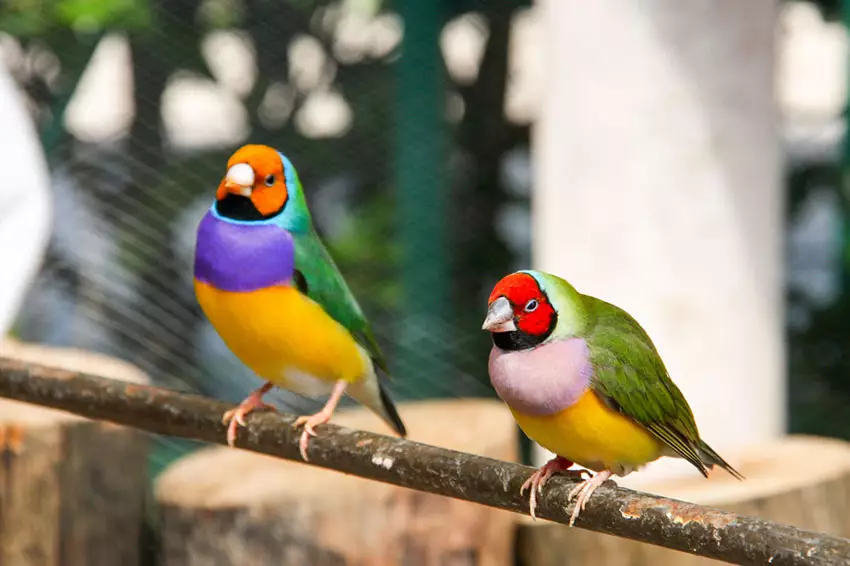
Female Gouldian Finch Get Sick
It’s important to note that these symptoms can also be indicative of other illnesses. Therefore, a visit to an avian veterinarian is essential for a proper diagnosis.
Transmission and Risk Factors
Understanding how coccidiosis spreads can help you prevent an outbreak. The primary mode of transmission is through the ingestion of feces containing the infectious oocysts (the parasite's egg-like stage). Here are some common risk factors:
- Crowded Conditions: Overcrowding can lead to increased fecal contamination of food and water sources.
- Poor Hygiene: Dirty cages, food dishes, and water bowls can harbor the parasites.
- Stress: Stress weakens the immune system, making birds more susceptible to infections.
- Young Age: Juvenile finches are more vulnerable because their immune systems are still developing.
Prevention is Key
Preventing coccidiosis is much easier than treating it. Here are some practical steps to keep your finches healthy and happy:
- Maintain Cleanliness: Regularly clean and disinfect cages, perches, food dishes, and water bowls. This reduces the risk of fecal contamination.
- Proper Ventilation: Good air circulation helps keep the environment dry, making it less hospitable for parasites.
- Avoid Overcrowding: Provide ample space for each bird to reduce stress and minimize fecal contamination.
- Quarantine New Birds: Isolate new additions to your aviary for at least 30 days to ensure they are not carrying the infection.
- Provide a Balanced Diet: A well-nourished bird has a stronger immune system, making it less susceptible to infections.
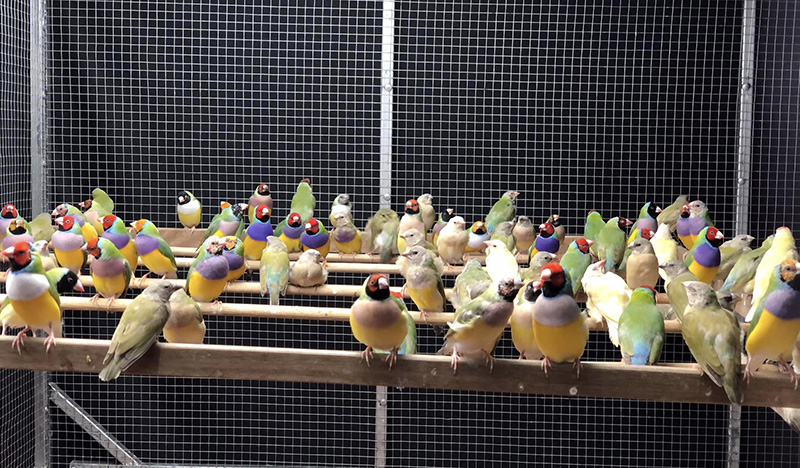
Gouldian Finch in my Aviary
Treating Coccidiosis
If you suspect your finch has coccidiosis, seek veterinary advice immediately. Early intervention is critical for a successful recovery. Here’s a general outline of the treatment process:
- Veterinary Diagnosis: The vet will likely perform a fecal test to confirm the presence of coccidia.
- Medication: Prescription medications, such as Endocox 2.5%, Baycox 2.5%, Cocci-Care are used to control the infection. These drugs inhibit the growth of the parasites, allowing the bird’s immune system to overcome the infection.
- Supportive Care: Ensure your bird remains hydrated and continues to eat. Offer easily digestible foods and, if necessary, hand-feed to maintain their strength.
- Isolate the Infected Bird: To prevent the spread of the disease, keep the infected bird separate from others until fully recovered.
- Clean the Environment: Thoroughly disinfect the cage and all accessories to eliminate any remaining oocysts.
Understanding the Lifecycle of Coccidia
To truly grasp how to combat coccidiosis, it helps to understand the lifecycle of the coccidia parasite:
- Oocysts are Shed: Infected birds shed oocysts in their feces.
- Sporulation: In the right environmental conditions (warmth and moisture), these oocysts sporulate, becoming infectious.
- Ingestion: Birds ingest the sporulated oocysts from contaminated food, water, or surfaces.
- Infection: Once inside the bird’s intestines, the oocysts release sporozoites, which invade intestinal cells, reproduce, and cause the symptoms of coccidiosis.
- Cycle Repeats: New oocysts are shed in the bird's feces, continuing the cycle.
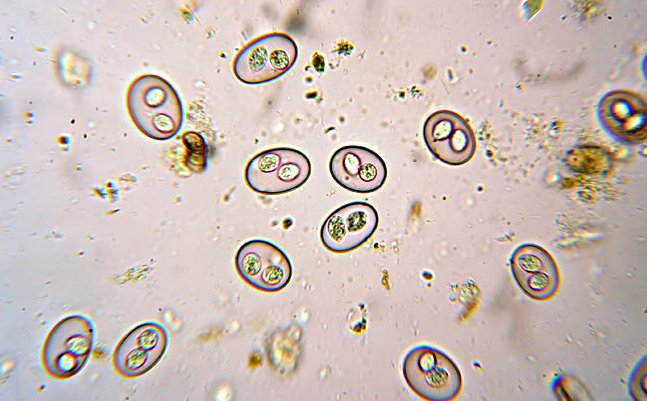
The Importance of Early Detection
Coccidiosis can progress quickly, especially in young or already weakened birds. Early detection is critical. Regularly monitor your finches for any signs of illness, and don't hesitate to consult your vet if something seems off. Keeping a daily log of your birds' behavior, eating habits, and droppings can help you spot abnormalities early.
Conclusion: Keeping Your Finches Healthy
Coccidiosis is a challenging disease, but with proper knowledge and care, you can protect your finches from its effects. By maintaining a clean environment, providing a nutritious diet, and staying vigilant for signs of illness, you can ensure your feathered friends live long, healthy lives.
Remember, prevention is always better than cure. Implementing good hygiene practices and monitoring your birds closely are your best defenses against coccidiosis. And if you ever find yourself facing this issue, don’t hesitate to seek professional help.
Thank you for joining me on this journey through understanding coccidiosis in finches. Your finches are lucky to have such a dedicated and caring owner. Happy bird-keeping, and may your aviary be filled with healthy, happy songs!
Feel free to share your experiences or ask any questions in the comments below. Together, we can create a supportive community of finch lovers dedicated to the well-being of these beautiful birds.
Until next time, take care and happy birding!
Relative Posts
Recent Posts
- Unlocking the Secrets of Calcium for Healthy Captive Birds
- Hand Feeding Finches
- Why Parents Toss Chicks and How to Help
- Fostering Finches: Ensuring the Survival of Your Feathered Friends
- Sunshine and Finches: A Guide for Indoor Bird Keepers
- Air Sac Mites in Finches: Understanding, Preventing, and Treating
- Introducing New Foods to Your Finch
- Homemade Finch Food Recipes
- Choosing Breeding Gouldian Finch Pairs
- How to Choose a Nest Box for Your Finches

